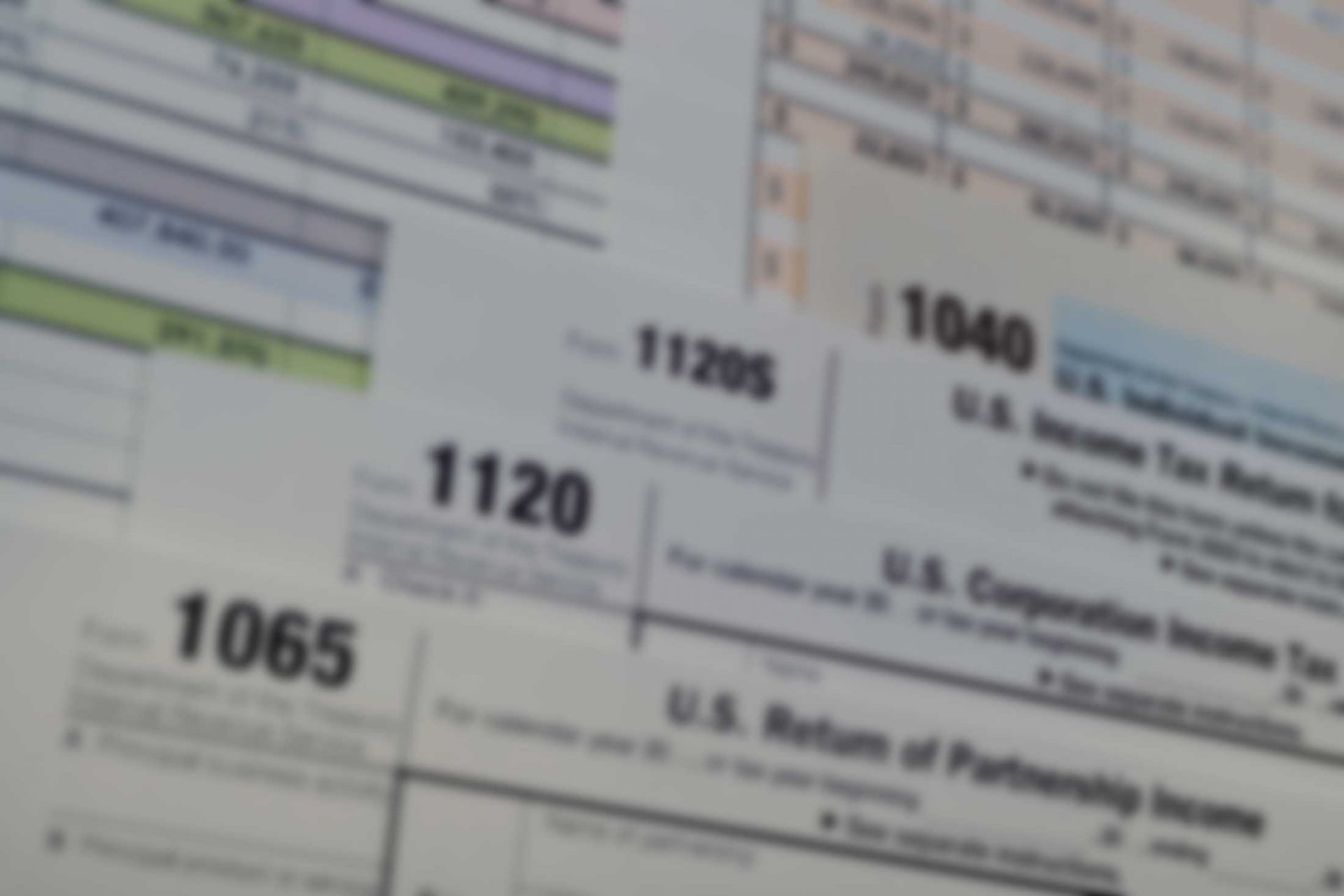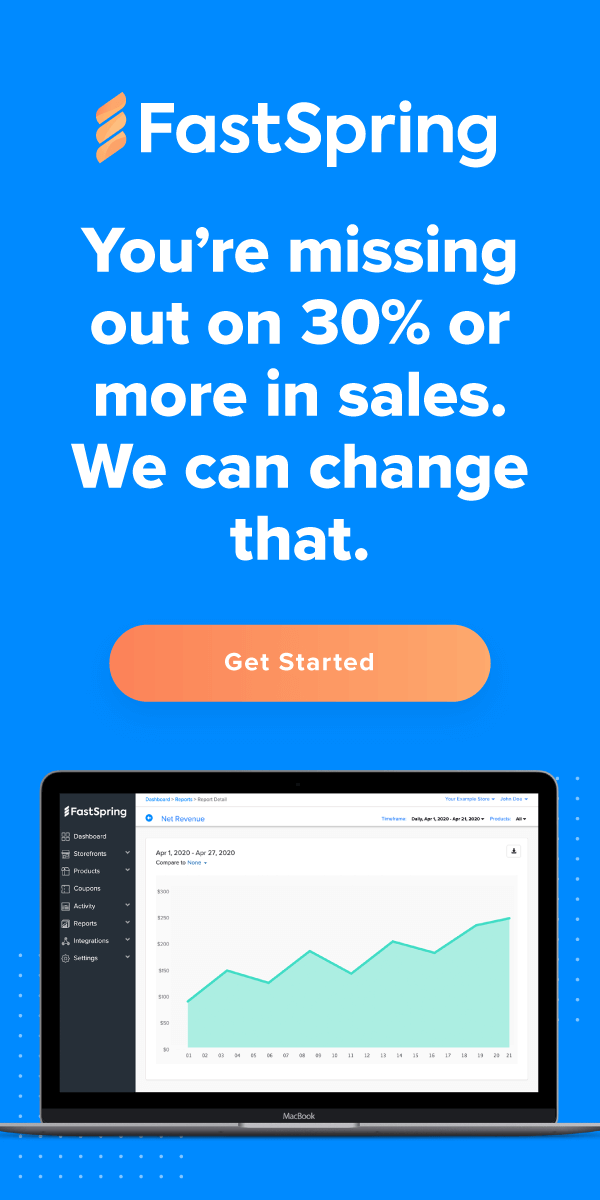Business and technology have come a long way since the first state sales tax was implemented in the 1920s (or 1930’s— there’s some confusion about that). The reductions of government revenue due to Prohibition and World War I caused lawmakers to implement local and state taxes for a steady income stream to help fund development projects and war efforts.
Fast forwarding to modern business, where online companies are rapidly multiplying as brick-and-mortar behemoths shutter their doors. Entrepreneurs, customers, and lawmakers are all wondering how to deal effectively with sales tax. Given that local governments implement different sales tax percentages, or offer no sales tax as incentives for spending, it is very difficult to pinpoint where sales are coming from.
Luckily, if you are an entrepreneur starting an ecommerce business, here is all you need to know about sales tax:
When are you exempt?
Back in 1992, the U.S. Supreme Court passed down a decision stating that states could not forcibly collect taxes on businesses without a physical presence in their state. This decision is still active today and it determines whether your company should charge sales tax or not. The government uses your company’s “Nexus,”or physical presence, as the basis of sales tax. With the advent of ecommerce, it’s been determined that anywhere a business is actively conducted counts as their “home” Nexus. If a product is sold from that warehouse, you should follow the state tax of your particular government. If the business is run from a laptop in your kitchen, the state in which that kitchen resides is the Nexus.
For example, a business is based in Florida. The state sales tax in Florida is roughly 6%, so if you sell an item online to another party in Florida with a physical facility in Florida, the business is required to pay Florida sales tax – even if the transaction took place online. For most ecommerce companies though, products come from all over the globe, and you may not be in the same country as your customer. Therefore, most sales tax for ecommerce businesses is non-enforceable and often forgotten by entrepreneurs.
What is your nexus?
As described above, online retailers must collect sales tax from out-of-state customers only if the retailer has a physical presence within that client’s state or does a majority of business within that state of interest. If an ecommerce business employs anyone outside their state of operations, or if the business leases or buys property in any state, sale tax should be collected.
While it’s difficult for government agencies to prove exact dollar amounts sold and tax on those purchases, they can fine businesses for negligence based on the Nexus rule. Therefore, if a business has any relationship with a state that is documented or traceable, it is best to collect sales tax from that state. Below is the best way for businesses to simplify their tax structure for states in which they owe collections.
What do you charge?
The United States has more than 7,500 tax jurisdictions with their own exemptions and rules– attempting to understand the rules of tax law while running a full-time ecommerce business is futile. The federal government has been working on a simplified interstate tax law that will require all online sales tax collections across the board for all states for years, but there’s no sign that it will pass anytime soon. If it should pass, ecommerce businesses will charge a uniform rate across all internet sales, rather than various jurisdictions and exemptions.
However, until that bill becomes a law, the best way to determine sales tax is to utilize an ecommerce solution with full-service back-end administration, such as FastSpring. Not only does FastSpring ensure that the proper amount is collected regardless of the state, it also maintains strict compliance to each state’s particular rules and regulations. In fact, FastSpring even assists ecommerce businesses with purchases from international customers. The European Union’s Value Added Tax, or VAT, has undergone changes of late, but FastSpring stays abreast of the evolving situation.
Ready to see what FastSpring can do for your business? Click the link below to request your own free FastSpring demo today.
![[Customer Story] Why TestDome Considers FastSpring a Real Partner](https://fastspring.com/wp-content/themes/fastspring-bamboo/images/promotional/2023/FastSpring-TestDome-blog-thumbnail.jpg)




